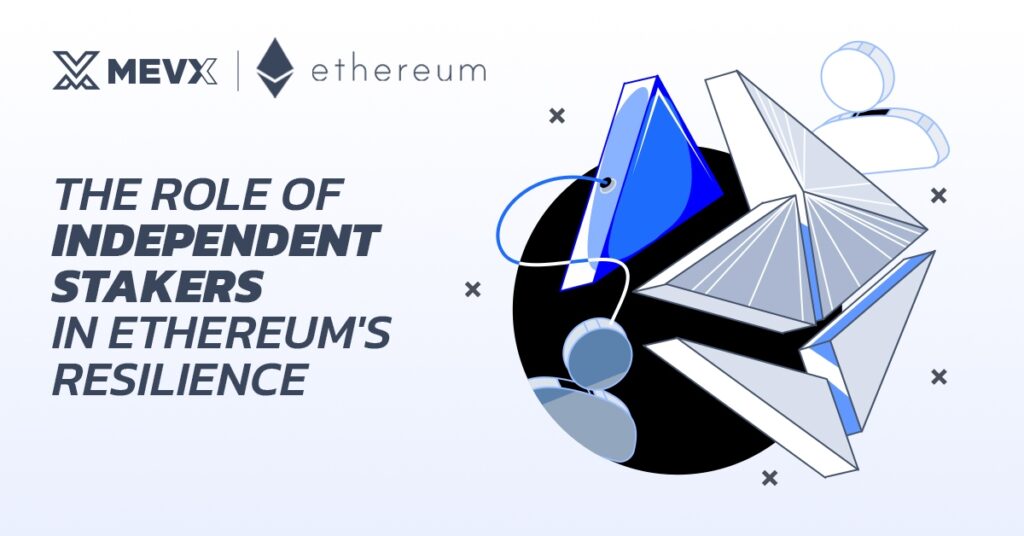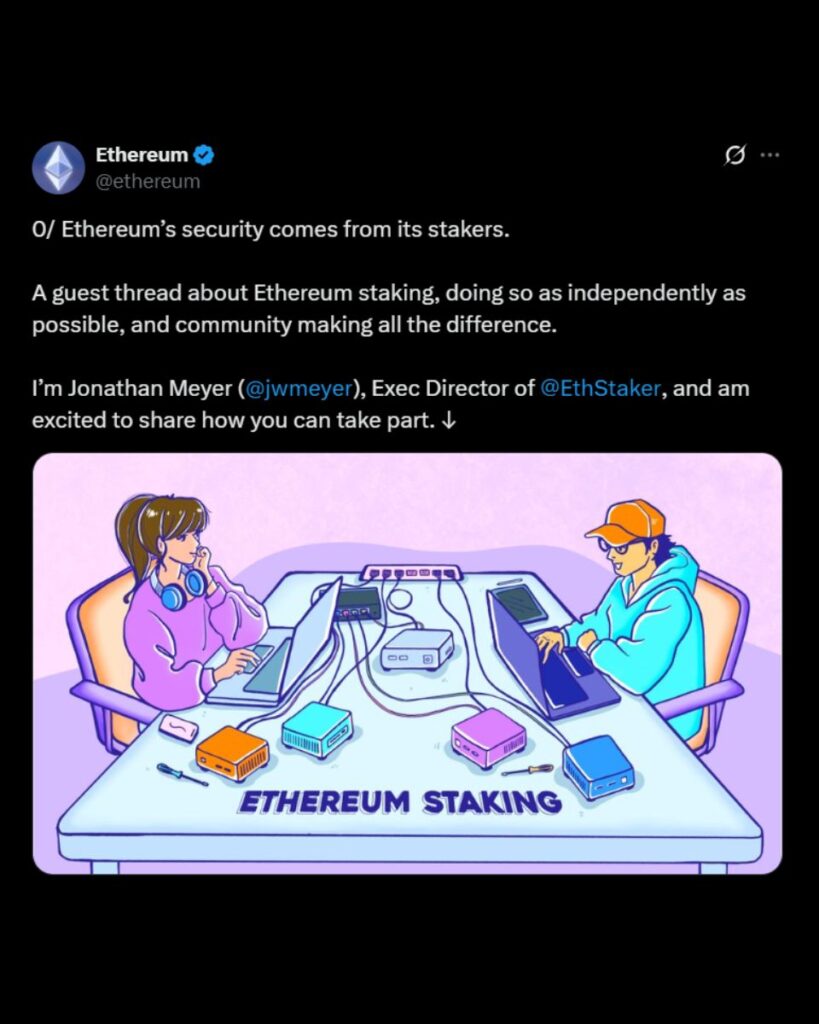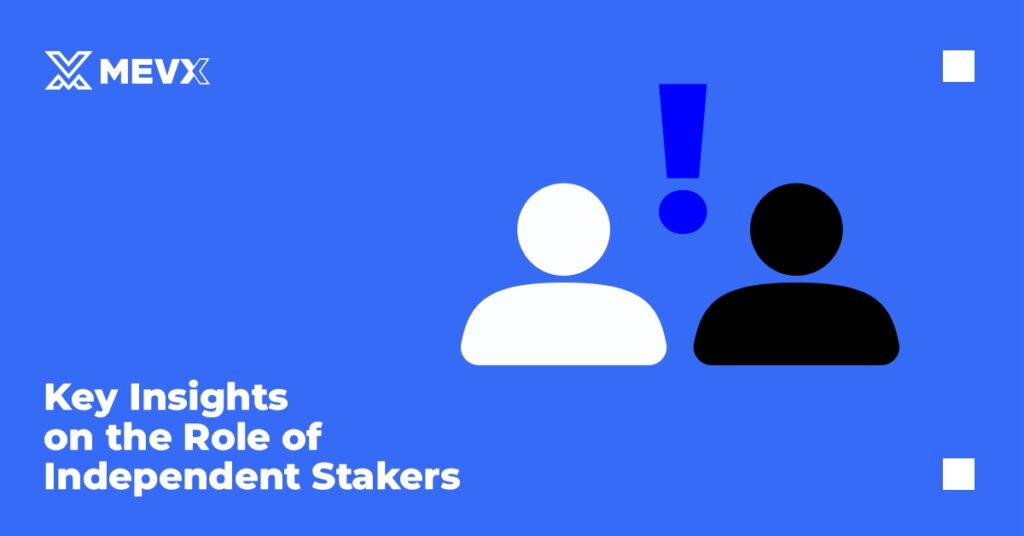Ethereum‘s strength lies not just in its code, but in the people who secure it. Recently, Jonathan Meyer (@jwmeyer), Executive Director of EthStaker, brought this into sharp focus. Meyer underscores how independent stakers are essential for maintaining the network’s security, decentralization, and long-term viability. As Ethereum navigates challenges like potential centralization, the role of independent stakers emerges as a key pillar in building a more robust ecosystem.

Why Independent Stakers Are Crucial
Independent stakers, who operate validators without heavy dependence on centralized providers, play a pivotal role in Ethereum’s resilience.
By proposing and attesting to blocks every 12 seconds, they ensure the chain remains secure and tamper-resistant. Meyer highlights that this form of participation fosters “credible neutrality,” making the network better equipped to withstand worst-case scenarios, such as external pressures or systemic failures.
Unlike relying on large staking pools, independent staking promotes diversity, reducing risks of capture and enhancing overall decentralization.

This approach isn’t just theoretical; it’s a practical defense mechanism. Meyer draws on community insights to argue that these stakers minimize trust assumptions, allowing Ethereum to thrive as a truly public blockchain.
Tools like Distributed Validator Technology (DVT) from projects such as Obol Collective, SSV Network, Lido, and Rocket Pool make it feasible, even for those without massive resources, to contribute meaningfully.
Key Insights on the Role of Independent Stakers
The 2025 EthStaker survey, referenced in the thread, reveals why independent stakers are gaining traction:

- Network Benefits First: 27% of respondents prioritize contributing to Ethereum‘s health over personal gains.
- Reducing Trust: 21% focus on minimizing reliance on third parties, strengthening decentralization.
- Centralization Worries: 68% express concerns about stake concentration, viewing independent staking as a countermeasure.
- Profit with Purpose: While 17% aim for maximum returns, the emphasis remains on resilience.
These points illustrate how independent stakers are not mere participants but guardians of Ethereum‘s ethos.
EthStaker, as a nonprofit, supports this role through free resources like setup guides, Eth Docker tools, and the Rescue Node for backups. Security is emphasized via ethstaker.org/safety, ensuring stakers operate safely.
Upcoming events, like EthStaker’s involvement in Devconnect Buenos Aires this November, including a Node Operators hub and Staking Gathering, further empower independent stakers to connect and grow.
Ultimately, the role of independent stakers is about more than technical validation; it’s about preserving Ethereum‘s decentralized promise. As Meyer notes, the network’s greatest asset is its community-driven resilience.
For more insights on blockchain trends, follow our MevX blog and stay informed!
Share on Social Media:
